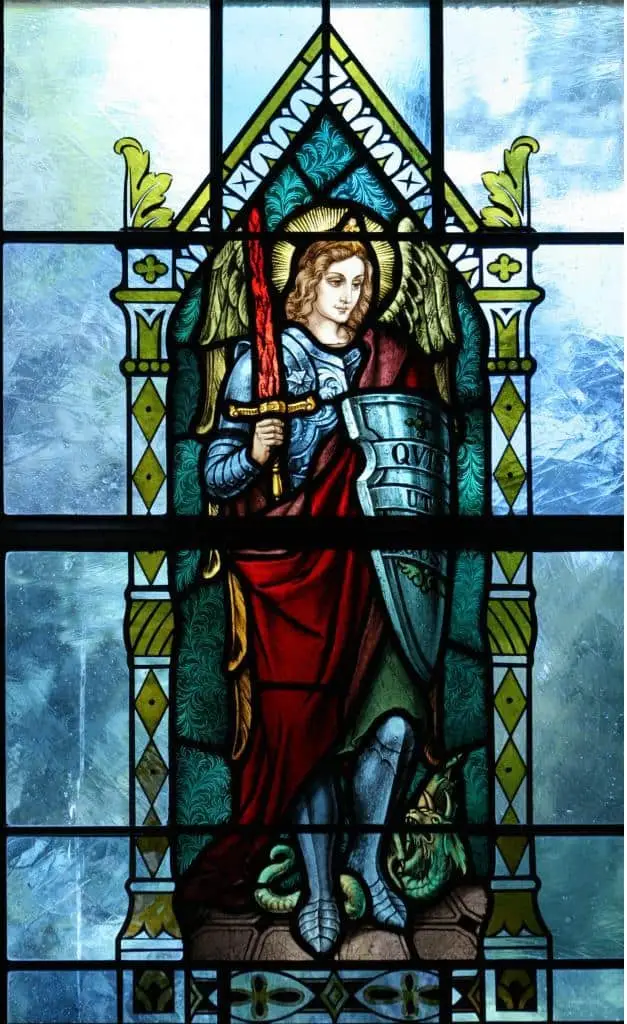St. Michael (his name in Hebrew means “Who is like God?”) is one of the archangels and a powerful protector of those who serve Our Lord Jesus Christ. St. Michael is also a patron of those who work in dangerous situations, such as police, paramedics, and soldiers. The St Michael the Archangel Prayer invokes his strength, protection, and guidance for those on daily spiritual and earthly battles.

